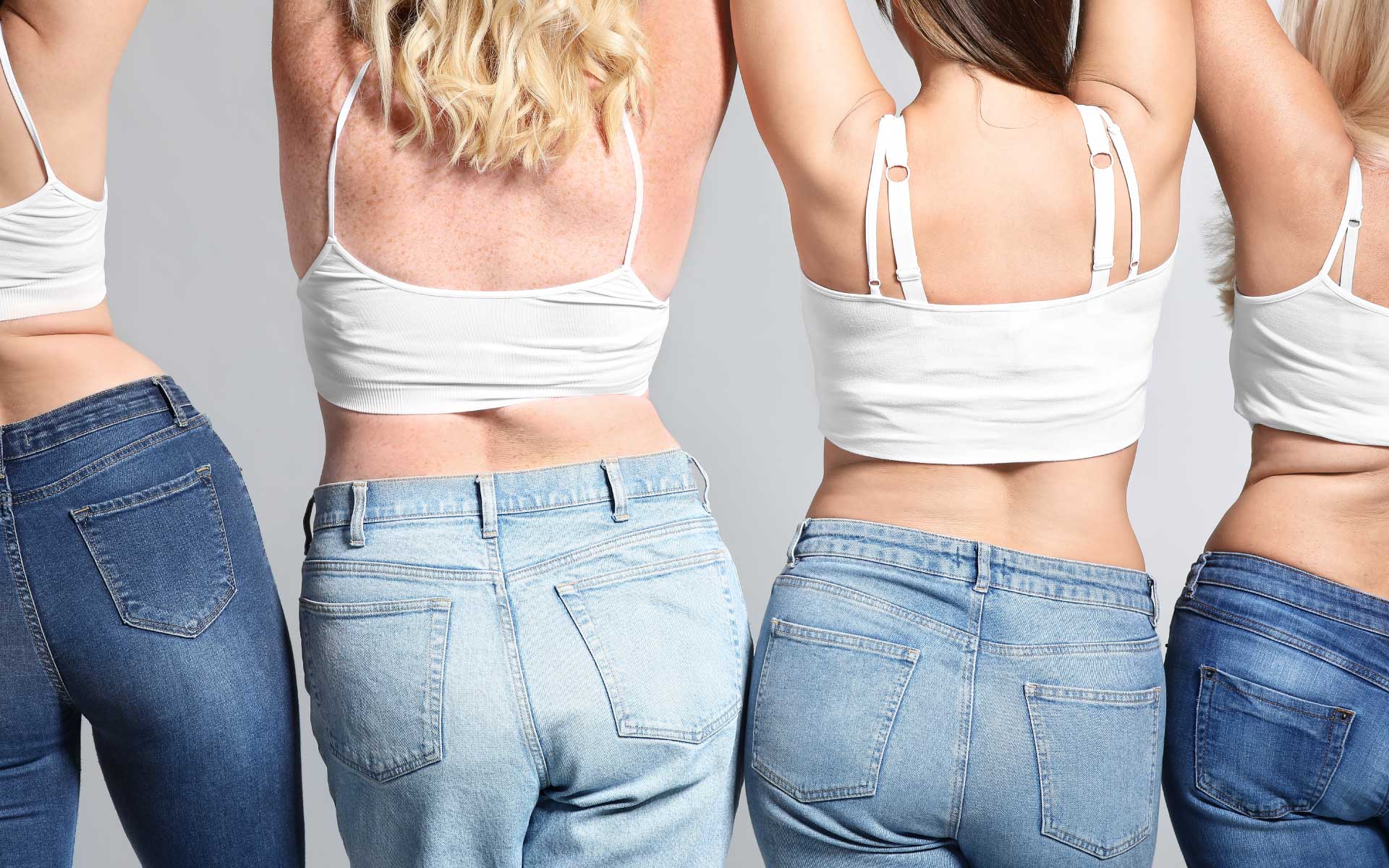Happy Weekend to you all
What kind of self-care do you have planned for yourself this weekend?
In an earlier post, I mentioned fat-loss resistance. The term used in scientific literature is often written as weight-loss resistance, which is in fact misleading.
Weight is for most, irrelevant and I believe it produces constant worry/anxiety to many who feel they ought to be a certain weight.
Many experience fewer centimetres around hips and stomach. So does body weight really matter if volume is less?
Here are some important determinants to consider before assessing yourself by your body weight.
Water makes up about 60% of your total body mass. Things such as dehydration and salt intake can drastically influence what the scale reads. If you’re even mildly dehydrated, your body will hold onto water and potentially cause the scale to read higher than before.
Increased sodium intake can contribute to water retention as well – especially when paired with dehydration.
Glycogen is another factor that can influence the scale. Glycogen is stored in your muscles as well as in your liver and can be thought of as your ‘gas tank’. These storages weigh up to 4lbs and can fluctuate daily and hourly depending on your carbohydrate consumption (more carbs equals heavier storages, less equals lighter storages).
Hormonal fluctuations also cause changes to water storage and excretion within the body.
Constipation: Of course poor bowel movement means the intestines are not regularly emptied and can affect weight readings.
It’s not uncommon for a person’s weight to shift up or down 2lbs during the day due to this phenomenon, yet it has nothing to do with fat loss or gain.
If you really, really feel a need to weigh yourself, it’s recommended that the best time to weigh yourself is first thing in the morning because during the day as you consume food, your bodyweight can shift up or down depending on how dense the food is you are eating (remember – food has a weight too!).
At the beginning of the “cleanse”, I suggest measuring your middle and hips before starting the programme and re-take measures at the end. If you´ve not done this, find an item of clothing that was feeling a little “tight” and see how it feels now.
These are much more viable biomarkers for those hoping to reduce volume and realistic measures of health. Another one is energy improvements, sleep improvements, mood improvements etc – Don´t be victims to the scales.
Most importantly don´t forget that toxins are stored in fat. First you need to be consistent with supporting liver health and toxin removal OVER TIME and making the changes you can to cosmetics, household products, storage containers etc. This will allow the hormones to do the job they are intended for as opposed to chemical hormone mimics upsetting their function.
My passing note for this FRIDAY is:
According to research, drinking alcohol decreases the body’s fat-burning ability by 73%. Another reason to consider how much you drink
